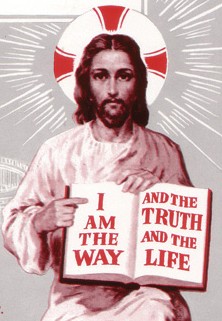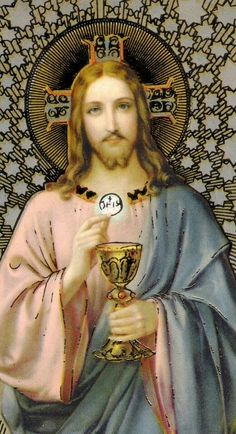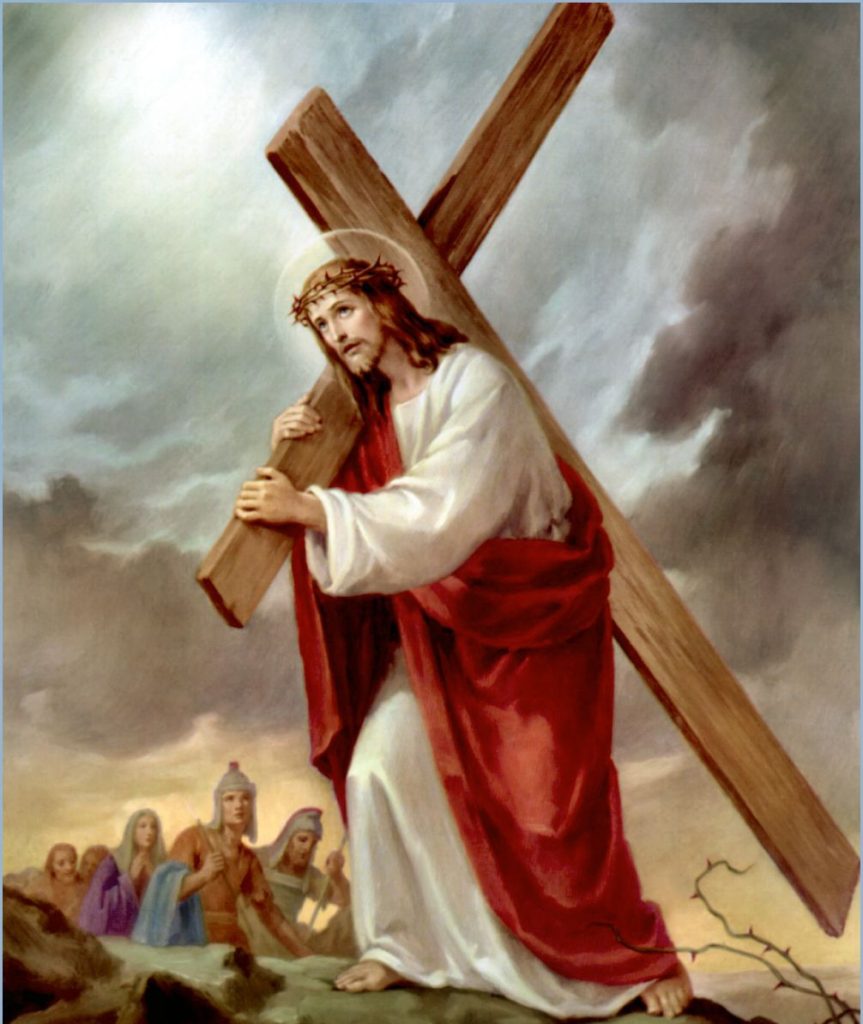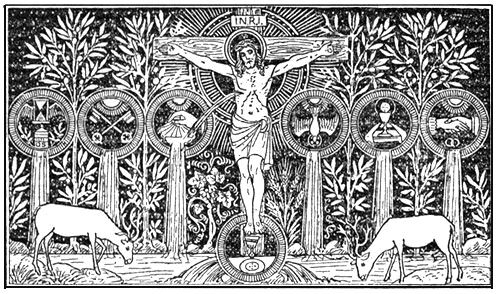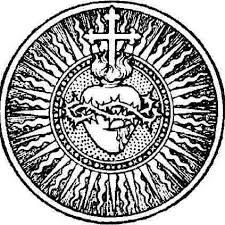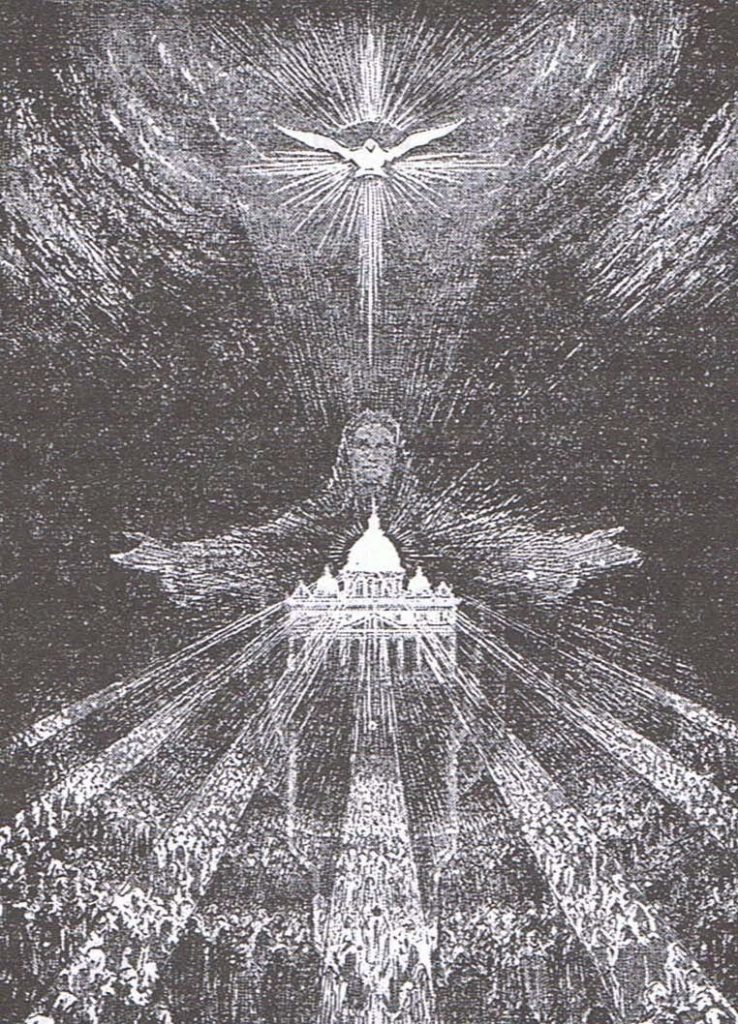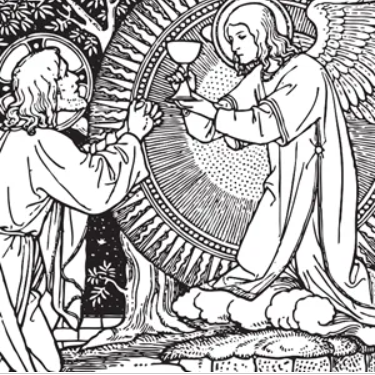
The title of an angel describes not so much what an angel is, but rather describes the office that an angel holds. The office that an angel holds is that of the office of messenger. God’s messenger. Angels are pure spirits. They are bodiless, genderless beings of pure intellect, and will. They possess unfathomable gifts. They are as intelligent over us as we are intelligent over animals, perhaps even much more so. Their power is such that in the Old Testament one angel killed 185,000 soldiers. It has been said that even the lowest of angels has the power to destroy all of physical creation. Each individual angel is as unique, one to the other, as every species of creature on earth is unique to each other so that each individual angel is as a unique species unto itself.
There are nine choirs in the hierarchy of angels. These are Seraphim, Cherubim, Thrones, Dominions, Virtues, Powers, Principalities, Archangels and Angels. Each has a special function and gifts. The number of angels exceeds the number of people who have ever been born and whoever will be born. The exact number is not known though. We do know that one-third of the angels rebelled against God and were cast down to hell. These are the fallen angels or demons. The chief among these was Lucifer, whose name translates to “son of the dawn”. He led the rebellion against God, but was challenged and defeated by St. Michael, whose name means “Who is like unto God”. It was this that St Michael shot back at Lucifer, who dared to say “I will be like unto God”. These fallen angels are allowed by God to tempt us. It is through resisting these temptations that our wills are strengthened, our love for God is proved and the demons are humiliated by our overcoming their temptations. .
Among the angels that are given to us by God and who watch over us, are our guardian angels. These angels are assigned to us at conception and stay with us until the day we die. With these angels, we should always strive to cultivate a closer relationship with them. These angels help us to illuminate our intellect, self-knowledge and knowledge of God. Ultimately they are our invisible guides and desire nothing more than to lead us to Heaven. The doctrine on angels is a core teaching of our Catholic faith. This doctrine is these days so often overlooked to our loss. It would be good to remember to pray the Guardian Angel prayer and St Michael prayer daily, or perhaps learn the Chaplet of St Michael. We should live each day fully awake to the reality and to capitalize on that reality that the holy angels are our chief allies in our daily battle against Satan’s kingdom of darkness.

